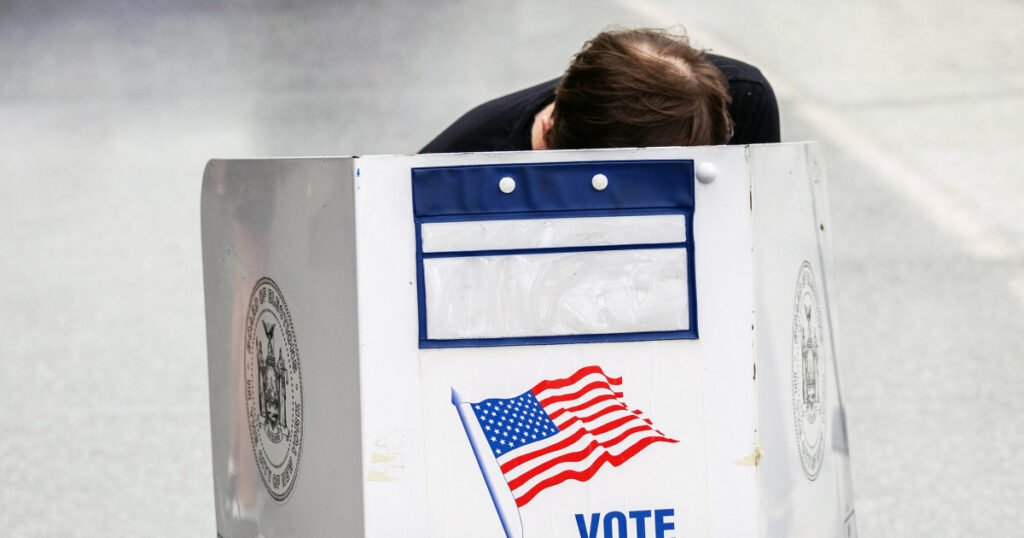Supreme Court takes up major new challenge to campaign finance restrictions
WASHINGTON — The Supreme Court on Monday took up a new challenge to campaign finance restrictions in a case brought by Republicans seeking to overturn limits on party committees spending money in coordination with individual candidates.
It is the latest in a long-running sequence of cases that have eroded campaign finance restrictions since Congress sought to strictly limit them in the 1970s.
The Supreme Court, which has a 6-3 conservative majority, has long been skeptical of campaign finance restrictions on free speech grounds, with its most notable ruling being the 2010 Citizens United v. FEC decision that paved the way for unlimited independent expenditures by outside groups.
However, in a 2001 ruling, the court upheld the restrictions at issue in the new case, meaning the justices would have to overturn that decision for the Republicans to win. The court will hear oral arguments and issue a ruling in its next term, which begins in October.
The challenge was brought by the National Republican Senatorial Committee, the National Republican Congressional Committee and the campaigns of two candidates in the 2022 elections: now-Vice President JD Vance, who was running as a Republican candidate for Senate in Ohio, and former Rep. Steve Chabot, a Republican congressman from the same state who lost his re-election bid.
The Federal Election Commission, under the direction of the Trump administration, has sided with the challengers, saying it agrees the restrictions violate the Constitution’s First Amendment.
The restrictions, first imposed via the Federal Election Campaign Act in 1971, will now be defended by the Democratic National Committee and associated committees, which filed a motion to intervene in the case.
The case does not involve other campaign restrictions, such as limits on how much individuals can donate to a candidate or party.
Under current law, amended over the years by the Supreme Court and Congress, parties can make unlimited independent expenditures in support of a candidate but cannot exceed limits on coordinated spending.
This can include such spending as hiring a venue or fundraising consultants, or paying for a candidate’s travel, the Republicans said in court papers.
The current limit varies based on voting-age population in a specific House of Representatives or Senate election, but it can be as much as almost $4 million for Senate races and $127,000 for at-large House seats.
With the flood of spending that resulted from the Citizens United ruling, giving rise to the creation of independent “super PACs” to funnel unlimited money into elections, the existing caps have had increasingly little effect in addressing the original intent of keeping money out of politics to avoid corruption or the appearance of it.
“The court’s reasoning upholding these party spending limits has been undermined by more recent court campaign finance cases,” said Rick Hasen, an election law expert at UCLA School of Law.
“The status quo—where outside groups like super PACs can raise unlimited sums but political parties face much more severe limitations—may create worse conditions in terms of empowering unaccountable groups and increasing negative ads,” he added.
<

